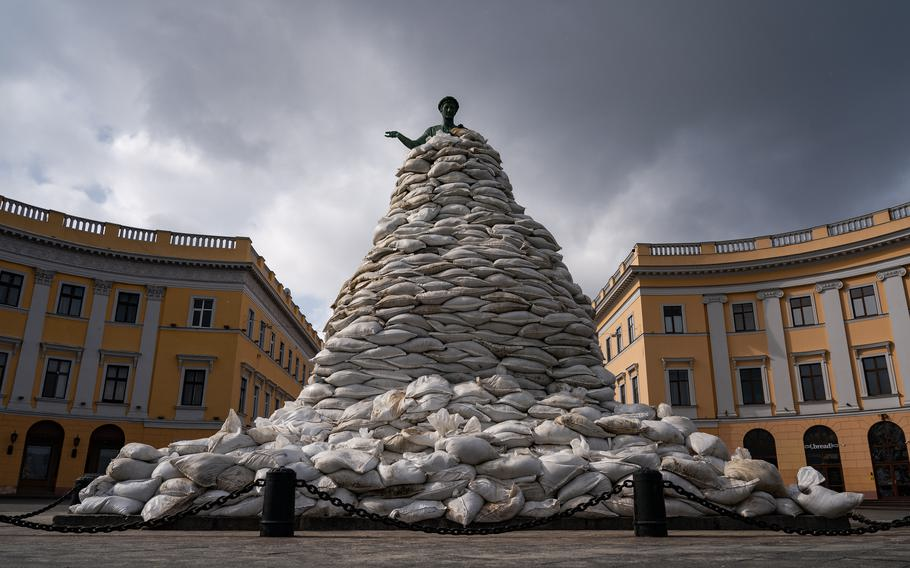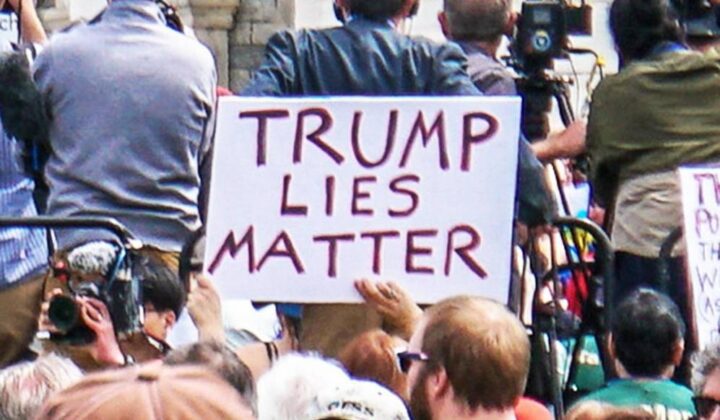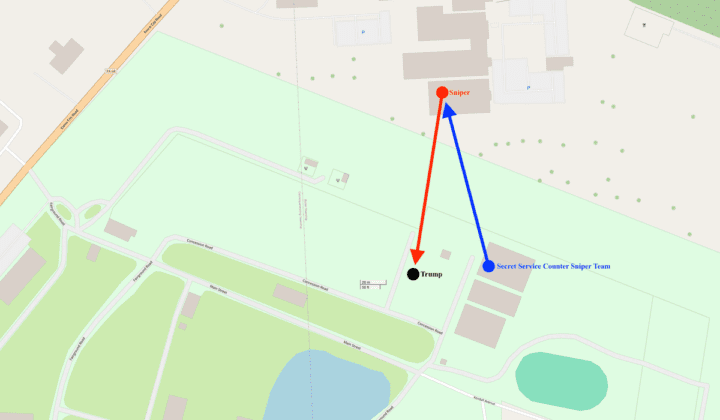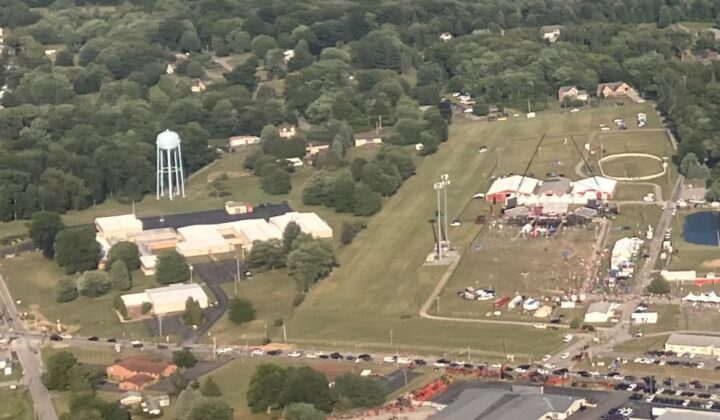The evidence of war crimes in Ukraine is indisputable, but whether the crimes amount to genocide is dividing the West. Ukrainian President Zelensky accused the Russian army of genocide, and President Biden agreed last week. Yet French President Emmanuel Macron objected to the term, saying that “verbal escalations” are damaging to peacemaking. National Review Editor Rich Lowry, writing in Politico, penned a piece entitled “Russia is Not Committing Genocide in Ukraine” and wrote that “The Russians are guilty of great savagery in Ukraine, but there is no evidence that they intend to exterminate the Ukrainians.”
The contention lies in whether Russia’s crimes are sufficiently egregious to be labeled genocidal, or if they are merely appalling and reflect a lack of will to destroy the Ukrainian people. But by focusing only on war crimes, we’ve missed the forest for the trees. Genocide isn’t the incidental result of the Russian army’s brutality, it’s the openly declared goal of Putin’s campaign.✓
What Qualifies as Genocide?
Under UN guidelines, genocide refers to a list of acts, including murder or transferring children from the victim group to another, “committed with intent to destroy, in whole or in part, a national, ethnical, racial or religious group.” For the Russians to be guilty of genocide, they must willfully attempt to “destroy” the Ukrainian people.
When Putin invaded on February 24th, that wasn’t necessarily his objective. The Russian military aimed to capture Kyiv and replace Zelensky with a puppet. This Russian-backed ruler would impose a police state to force dissenters into line, pacifying the public. Ukraine would be molded, not destroyed, as it became Russian.
But the Ukrainian people refused to give up their country. Putin’s first mission failed, and the objective changed. The new Russian offensive ignores Zelensky and Kyiv and instead aims to sever eastern and southern Ukraine from the rest of the country. This land is to be Russian, and the way that Putin can make that happen is by purging it of its Ukrainian culture, identity, and people. For the Russian dictator to be victorious, the Ukrainains have three choices: internalize the Russian lie that they are “one people” with the Russians, flee the occupied regions, or die. The Russians haven’t declared war on the country of Ukraine, they’ve declared war on the concept of Ukraine—and all people who consider themselves Ukrainian. This is, by definition, a genocide.
The Cleansing of Ukraine
It’s in this context that the Russian army occupies cities like Bucha and leaves behind the corpses of hundreds of civilians. Where the army goes, the deliberate destruction of Ukrainian identity follows. So far, the Ukrainian government has reported 135 war crimes against Ukrainian cultural heritage. Minister of Culture Oleksandr Tkachenko explains, “The main goal of Putin’s operation is aimed against the identity of Ukrainians. Our identity is expressed in our heritage, in the works of our artists, so their goal to denazify us actually means to deny the Ukrainian nation’s right to exist.”
In place of Ukrainian traditions, Putin hopes to impose the remnants of Soviet-Russian culture. After Russia occupied Crimea in 2014, the new authorities began to eradicate the Ukrainian language from daily life. Last week in the Kherson region of Ukraine, Russian soldiers erected a statue of Lenin. Most troublingly, the Russians have taken more than 121,000 children from Ukraine and eased the process for Russian parents to adopt them, according to Ukrainian ambassador to the UN, Sergiy Kyslytsya.
The policy of cultural replacement Putin is pursuing in Ukraine was imposed on Georgians in the South Ossetia and Abkhazia regions since 2008, and Ukrainians in Crimea and the Donbas since 2014. First, the region is occupied through military invasion, then the Russians recognize it as “sovereign and independent.” In Crimea, it was less than a week after that declaration that the Russian government formally annexed the region. In South Ossetia, Russia continues to call the region “independent” after 14 years of occupation, but that is set to change. Last month, the leader of South Ossetia announced that the public would vote to be annexed by Russia. Russian-recognized “independence” is an intermediary step on the path to Russia formally consuming the territory. But first, the occupied people must lose their sense of non-Russian identity.
In Putin’s Ukraine, there is no room for Ukrainians. In his view, Ukrainian identity is an extremist ideology to be purged from the earth. But with each brutal day of war, Ukrainian identity only grows stronger. While Putin could hardly be more wrong about the Ukrainian character, he is right that there can be no peace so long as there are Ukrainians in occupied Ukraine. They will continue to defend their land, and they will win.





